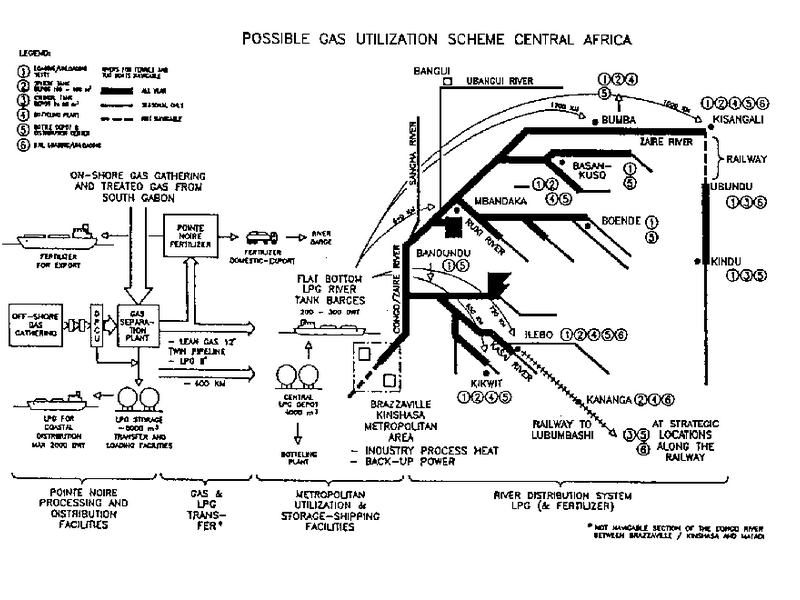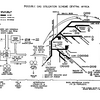Addis Ababa:Natural Gas Pipeline System
Disciplines
-
Industrial Engineering
-
Oil & Gas
Companies
Dorsch International Consultants
Client
United Nations Economic Commission for Africa, Addis Ababa
Duration
From 1989 to 1990Project Activities
- Prefeasibility study
Contact
Dorsch International Consultants GmbH
München (Headquarters)
80687 München
Germany
Phone: +49 89 5797-0
Fax: +49 89 5797-800
E-Mail: info@dorsch.de
Description
The general objective of this study was to elaborate various gas utilization concepts in order to bridge the gap between Africa's considerable proven reserves of natural gas (7000 billion m³) and the continent's overall energy shortage by investigating the potential for marketing the available gas through appropriate transport systems. In particular it was aimed to achieve a reduction in the utilization of firewood, coal and liquid fuels as a source of energy.
Having determined the socio-economic characteristics of the relevant countries in terms of population, economy and foreign trade, the study identified the volume, composition and distribution of the natural gas reserves on the continent.
It was found that reserves are mainly concentrated in the Sahara region (especially Algeria, but also Libya and Egypt) and the Gulf of Guinea (Nigeria). After an assessment of existing and planned natural gas processing and distribution systems in Africa, as well as the present and future country-specific energy demand, it was possible to project the markets for natural gas on both the national markets within Africa and the export markets outside Africa.
On the basis of a preliminary conceptual design of a network of gas pipelines, including integrated communication systems and other pertinent auxiliary facilities and equipment, the study defined possible trans-continental trunk lines as well as local distribution systems.
Based on a cost analysis of typical natural gas utilization such as power generation and ammonia/urea production the study presented an economic evaluation and financial analysis for selected project packages. In particular the following systems were studied: a trans-Sahara pipeline connecting the Gulf of Guinea with the European market via a westcoast route; a 30 mmcm/d LNG plant in Nigeria for export to the USA; a Tanzanian and Mozambique gas utilization programme; and a Central African gas distribution system employing the Congo river network as a means of transportation.
Due consideration was given to the organizational, institutional and legal requirements for implementing the various scenarios. Finally, the study dealt with the environmental benefits of gas in respect of the reductionin the use of traditional solid and liquid fuels and hence subsequent decrease in CO² emissions.

